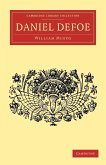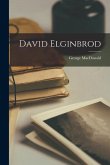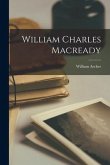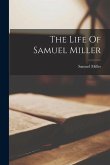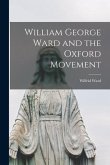Produktdetails
- Verlag: Creative Media Partners, LLC
- Seitenzahl: 178
- Erscheinungstermin: 27. Oktober 2022
- Englisch
- Abmessung: 234mm x 156mm x 10mm
- Gewicht: 259g
- ISBN-13: 9781018237268
- ISBN-10: 1018237267
- Artikelnr.: 67232425
Hinweis: Dieser Artikel kann nur an eine deutsche Lieferadresse ausgeliefert werden.
- Herstellerkennzeichnung
- Libri GmbH
- Europaallee 1
- 36244 Bad Hersfeld
- 06621 890


